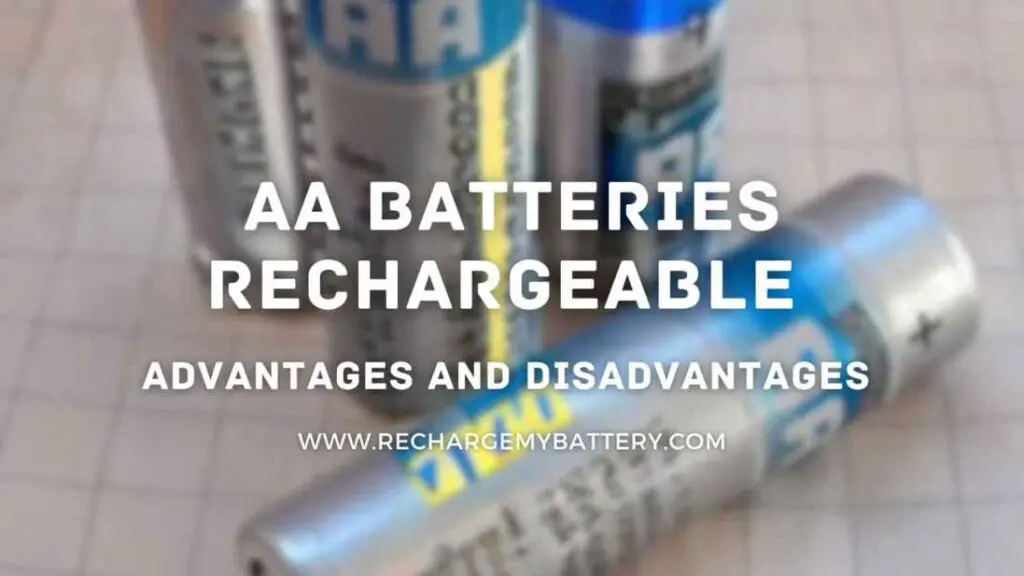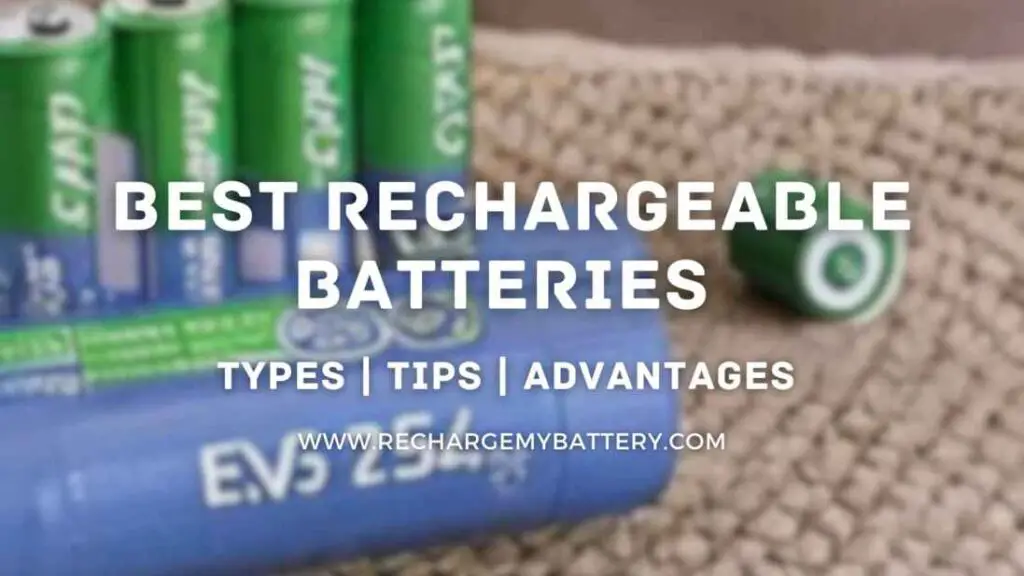Introduction
Outdoor solar lights are an eco-friendly and cost-effective way to illuminate your outdoor spaces. These lights rely on rechargeable batteries to store the energy harnessed from the sun during the day, ensuring they can shine bright during the night. In this article, we will delve into the world of rechargeable batteries for outdoor solar lights, exploring their benefits, types, and maintenance tips. Whether you’re a beginner or an experienced user, this guide will equip you with the knowledge to optimize your solar lighting system.
Table of Contents
| The Importance of Rechargeable Batteries for Outdoor Solar Lights |
| Understanding LSI Keywords and Their Impact |
| Benefits of Using Rechargeable Batteries |
| Different Types of Rechargeable Batteries |
| Selecting the Right Rechargeable Battery |
| Factors to Consider when Choosing Batteries |
| Maximizing the Lifespan of Rechargeable Batteries |
| How to Properly Charge Rechargeable Batteries |
| Storing Rechargeable Batteries for Optimal Performance |
| Troubleshooting Common Battery Issues |
| FAQs about Rechargeable Batteries for Outdoor Solar Lights |
| Conclusion |
The Importance of Rechargeable Batteries for Outdoor Solar Lights
Rechargeable batteries play a crucial role in the functionality of outdoor solar lights. These batteries are responsible for storing the energy collected by the solar panels during the day, which is then used to power the lights during the night. Without reliable and high-quality rechargeable batteries, the performance of outdoor solar lights would be compromised, resulting in dimmer illumination or shorter operating times.
Understanding LSI Keywords and Their Impact
LSI (Latent Semantic Indexing) keywords are related terms and phrases that are semantically connected to the main keyword. Using LSI keywords helps search engines understand the context and relevance of the content. In this article, we will incorporate LSI keywords such as “solar-powered lighting,” “outdoor lighting solutions,” and “rechargeable battery maintenance” to provide comprehensive information and enhance the SEO value of the content.
Benefits of Using Rechargeable Batteries
- Extended Operating Time: Rechargeable batteries allow outdoor solar lights to operate for longer durations, providing consistent illumination throughout the night.
- Cost-Effective: By harnessing the sun’s energy, outdoor solar lights with rechargeable batteries eliminate the need for traditional power sources, resulting in reduced electricity costs.
- Environmentally Friendly: Solar-powered lighting systems powered by rechargeable batteries reduce reliance on non-renewable energy sources, helping to minimize carbon footprint and protect the environment.
- Easy Installation: Outdoor solar lights with rechargeable batteries are easy to install since they don’t require complicated wiring or electrical connections.
Different Types of Rechargeable Batteries
- Nickel-Metal Hydride (NiMH) Batteries: NiMH batteries are a popular choice for outdoor solar lights. They offer a good balance between capacity and cost, making them suitable for most applications.
- Lithium-ion (Li-ion) Batteries: Li-ion batteries are known for their high energy density, lightweight design, and longer lifespan. Although they tend to be more expensive, they offer excellent performance in extreme weather conditions.
- Nickel-Cadmium (NiCd) Batteries: While NiCd batteries were commonly used in the past, their popularity has declined due to environmental concerns related to cadmium. However, they still offer decent performance and are a budget-friendly option.
Selecting the Right Rechargeable Battery
Choosing the right rechargeable battery is essential to optimize the performance of your outdoor solar lights. Consider the following factors before making a purchase:
- Battery Capacity: The capacity of a battery determines how long the lights will stay illuminated. Opt for higher-capacity batteries for longer operating times.
- Voltage: Ensure the rechargeable batteries match the required voltage of your outdoor solar lights to prevent damage or improper functioning.
- Weather Resistance: If your outdoor area experiences extreme weather conditions, select rechargeable batteries specifically designed to withstand these conditions.
- Brand Reputation: Stick to reputable brands known for their quality and reliability to ensure optimal performance and longevity of the batteries.
Factors to Consider when Choosing Batteries
- Sunlight Conditions: Assess the amount of sunlight your outdoor area receives. If it’s limited, consider batteries with higher capacity to compensate for the reduced charging time.
- Light Intensity and Duration: Determine the desired brightness and operating time of your outdoor solar lights to choose batteries that meet your requirements.
- Operating Temperature Range: Different batteries have varying temperature ranges in which they perform optimally. Ensure the chosen batteries can withstand the temperature extremes in your area.
Maximizing the Lifespan of Rechargeable Batteries
To extend the lifespan of your rechargeable batteries and maximize their performance, follow these tips:
- Regular Cleaning: Keep the solar panels clean to ensure maximum energy absorption and efficient charging.
- Avoid Over-Discharging: Prevent the batteries from fully discharging, as it can shorten their lifespan. Consider using battery discharge protection devices.
- Temperature Control: Avoid exposing the batteries to extreme temperatures, as it can impact their performance and longevity.
- Optimal Charging: Follow the manufacturer’s instructions for charging the batteries correctly, using compatible chargers, and avoiding overcharging.
How to Properly Charge Rechargeable Batteries
Proper charging techniques are vital to ensure the longevity and optimal performance of your rechargeable batteries. Follow these guidelines:
- Initial Charging: Before using new rechargeable batteries, perform an initial charge according to the manufacturer’s instructions.
- Charging Time: Avoid undercharging or overcharging the batteries. Follow the recommended charging time specified by the manufacturer.
- Charging Methods: Choose the appropriate charging method based on the battery type. Some batteries require a specific charging current or voltage.
- Charge Indicators: Invest in solar lights with built-in charge indicators, allowing you to monitor the charging status of the batteries.
Storing Rechargeable Batteries for Optimal Performance
If you need to store your rechargeable batteries for an extended period, consider the following tips:
- Partial Charge: Before storing the batteries, ensure they have a partial charge to prevent self-discharge.
- Cool and Dry Environment: Store the batteries in a cool, dry place away from direct sunlight and extreme temperatures.
- Proper Packaging: If storing loose batteries, use individual plastic cases or insulated containers to prevent short circuits.
Troubleshooting Common Battery Issues
- Dim Illumination: If your outdoor solar lights are not shining as brightly as before, it could indicate that the batteries need replacement.
- Inconsistent Operation: If your lights randomly turn on and off, it may be due to loose battery connections. Check and secure the battery terminals.
- Reduced Operating Time: If the lights stay illuminated for a shorter duration, the batteries may be nearing the end of their lifespan. Consider replacing them.
FAQs about Rechargeable Batteries for Outdoor Solar Lights
Q1. How long do rechargeable batteries for outdoor solar lights typically last?
Rechargeable batteries for outdoor solar lights usually last between 1-3 years, depending on usage and maintenance.
Q2. Can I use regular batteries instead of rechargeable batteries in outdoor solar lights?
It is not recommended to use regular disposable batteries in outdoor solar lights designed for rechargeable batteries. These lights have specific voltage requirements that regular batteries may not meet.
Q3. Are all rechargeable batteries compatible with outdoor solar lights?
Not all rechargeable batteries are compatible with outdoor solar lights. It is important to select batteries that match the required voltage and capacity of your lights.
Q4. Can I mix different types of rechargeable batteries in my solar lighting system?
Mixing different types of rechargeable batteries is not recommended, as it can lead to imbalanced charging and performance issues.
Q5. How often should I clean the solar panels of my outdoor solar lights?
Regularly clean the solar panels of your outdoor solar lights every 1-2 months to remove dirt, debris, and dust that may hinder energy absorption.
Q6. Can I leave my outdoor solar lights on during the day?
It is not necessary to leave your outdoor solar lights on during the day. They are designed to automatically turn off during daylight hours and recharge the batteries.
Conclusion
Rechargeable batteries are an integral part of outdoor solar lights, ensuring they operate efficiently and provide illumination throughout the night. By selecting the right batteries, following proper charging and maintenance practices, and troubleshooting common issues, you can optimize the performance and lifespan of your solar lighting system. Embrace the eco-friendly benefits and cost-effectiveness of rechargeable batteries for outdoor solar lights, illuminating your outdoor spaces while minimizing your environmental impact.

